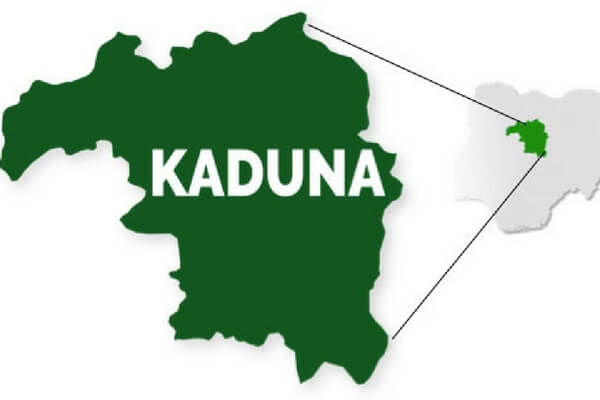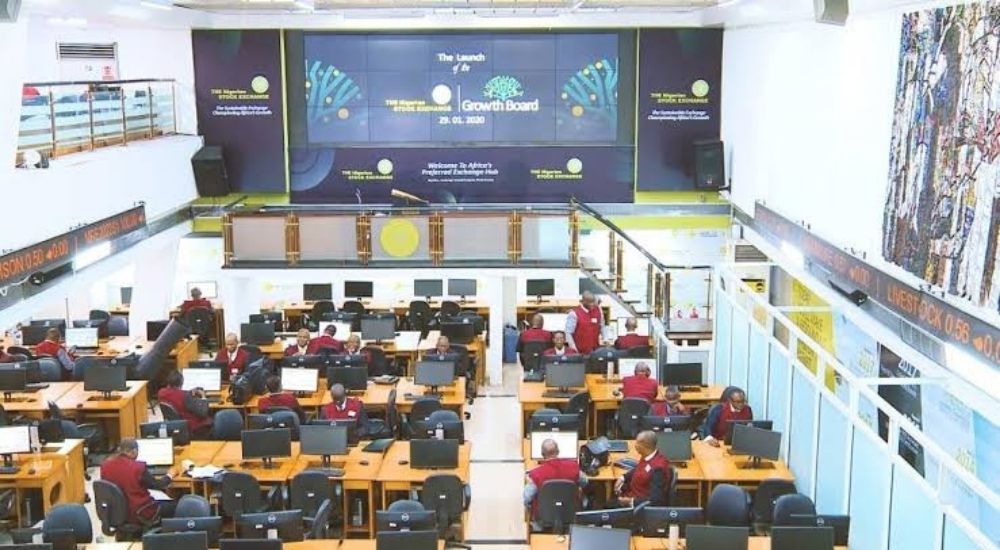10 DOs And 10 DON’Ts For Defence/intelligence Correspondents ( Opinion )
10 DOs And 10 DON’Ts For Defence/intelligence Correspondents reporting on tactical military operations in Nigeria’s counter-terrorism (CT) and counter-insurgency (COIN) efforts.*
These are intended to guide responsible and effective journalism while acknowledging the sensitive nature of such operations and the paramount importance of Operational Security (OPSEC) and civilian safety.
Context: Reporting on CT/COIN operations in Nigeria requires a nuanced understanding of the diverse and complex security challenges across different regions, from Boko Haram/ISWAP in the Northeast to banditry and other violent extremist activities in the Northwest and North Central, as well as other localized conflicts.
The information landscape can be challenging, with potential for misinformation.
*10 DOs for Defence/Intelligence Correspondents in Nigeria* :
1. DO Verify, Verify, Verify: Always seek official confirmation from designated military/defence spokespersons (e.g., Defence Headquarters, Nigerian Army, Air Force, Navy) before publishing details of ongoing or completed operations. Cross-reference information with multiple credible sources whenever possible.
2. DO Prioritize Operational Security (OPSEC): Understand what constitutes sensitive information that could endanger troops, compromise ongoing/future missions, or benefit adversaries. This includes specific unit locations, troop movements, timelines of future actions, specific equipment capabilities, and names of personnel involved in covert operations.
3. DO Focus on Confirmed Facts: Report what is officially confirmed and attributable. Clearly distinguish between facts, official statements, eyewitness accounts (and their potential biases), and analytical speculation.
4. DO Understand and Accurately Report Context: Provide background to the operations, explaining the strategic importance, the nature of the threat in that specific region, and the objectives of the military action (as far as can be officially and safely disclosed). Help the public understand why an operation is happening.
5. DO Report on Successes and Setbacks Responsibly: Acknowledge military successes based on confirmed information. Equally, if there are confirmed setbacks or challenges, report them factually and with context, avoiding sensationalism that could demoralize troops or the public without cause.
6. DO Prioritize the Safety and Dignity of Victims and Casualties: When reporting on casualties (military, civilian, or adversary), adhere strictly to official figures and ethical guidelines. Avoid publishing graphic images or details that could cause undue distress or compromise the dignity of the deceased or injured. Wait for official notification of next-of-kin for military casualties.
7. DO Build Professional Relationships with Military Public Affairs Units: Engage with official military spokespersons to gain access to accurate information and understand the military’s perspective. Respect their role and processes for information dissemination.
8. DO Protect Your Sources: If you have confidential sources providing information, take all necessary measures to protect their identities, especially in a sensitive CT/COIN environment where lives could be at risk.
9. DO Be Aware of and Counter Misinformation/Disinformation: Recognize that CT/COIN environments are often targets for propaganda and false narratives from adversaries. Be critical of unverified information circulating online and strive to provide accurate counter-narratives based on verified facts.
10. DO Continuously Educate Yourself: Stay informed about the evolving nature of the conflicts, military terminology, international humanitarian law, and the specific cultural and socio-political dynamics of the areas of operation.
*10 DON’Ts for Defence/Intelligence Correspondents in Nigeria:*
1. DON’T Speculate on Ongoing Operations: Avoid guessing about troop movements, imminent actions, or operational tactics. Such speculation can be wrong, mislead the public, and inadvertently provide useful intelligence to adversaries.
2. DON’T Publish Information That Clearly Endangers Troops or Missions: This includes live, unconfirmed reports from the frontline detailing specific locations, unit numbers, or real-time tactical maneuvers that haven’t been officially cleared or are obviously sensitive.
3. DON’T Report Unconfirmed Casualty Figures or Details: Wait for official statements from Defence Headquarters or relevant military branches. Early, inaccurate reports can cause immense distress and confusion. Avoid naming casualties until officially released.
4. DON’T Reveal Specific Details of Military Equipment, Tactics, or Future Plans: Information about weapon system capabilities, specific TTPs (Tactics, Techniques, and Procedures), or planned future operations can compromise their effectiveness and put personnel at risk.
5. DON’T Glorify or Sensationalize Terrorism/Insurgency: Avoid language or imagery that inadvertently gives undue prominence or a platform to terrorist/insurgent groups or their ideologies. Report their actions factually but without amplifying their propaganda.
6. DON’T Rely Solely on Unverified Social Media Posts or Anonymous Sources for Breaking News on Operations: While social media can provide leads, information must be rigorously vetted through official channels or multiple credible sources before reporting as fact.
7. DON’T Compromise Your Independence or Objectivity: While maintaining professional relationships with military sources is important, always uphold journalistic independence and report fairly and objectively, holding power to account when necessary and verified.
8. DON’T Embed with Troops Without Official Permission and Adherence to Ground Rules: If embedding, clearly understand and respect the OPSEC and safety guidelines provided by the military.
9. DON’T Contribute to Ethnic, Religious, or Sectional Profiling in Your Reporting: Conflicts are complex. Avoid generalizations or language that could incite hatred or link entire communities to the actions of armed groups. Focus on the actions of specific groups as identified by authorities.
10. DON’T Forget the Human Impact on All Sides (Civilians, Displaced Persons): While reporting on tactical operations, also investigate and report on the humanitarian consequences of the conflict and the efforts being made to address them, where it is safe and appropriate to do so.
By adhering to these guidelines, defence and intelligence correspondents can fulfill their vital role of informing the public while responsibly navigating the complexities and sensitivities of reporting on Nigeria’s vital counter-terrorism and counter-insurgency operations.






